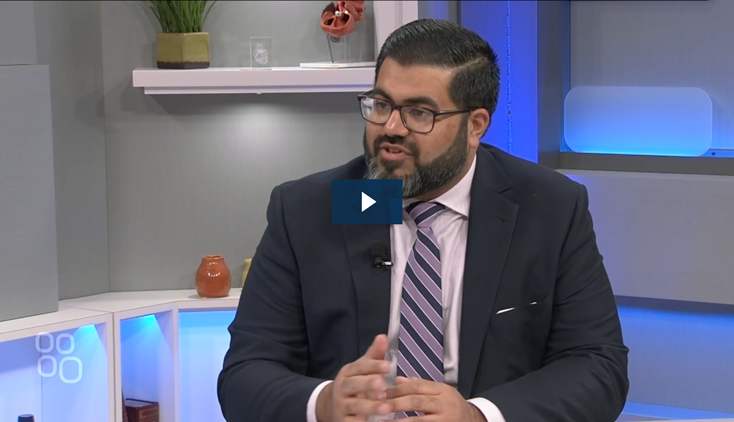Escalation Therapy, Hemodynamics, Patient Management, Clinical Research & Data, AMI Cardiogenic Shock
Babar Basir: Best Practices and Opportunities From NCSI
Babar Basir, D.O., discusses the National Cardiogenic Shock Initiative (NCSI) study and the best practices identified from the study with Bobbi Chapman, M.D., Vice President of Heart Failure at Abiomed. Dr. Basir is the co-principal investigator for the NCSI study.
Dr. Basir explains that the NCSI study began with the implementation of a best practices protocol at 4 hospitals in Detroit and then expanded to 80 sites throughout the country. “The objective of the study,” he explains, “was to evaluate what the outcomes were when we treated patients with AMI cardiogenic shock, predominantly with Impella CP® with SmartAssist® and treated them in a protocolized fashion using cardiogenic shock teams as well.”
Among the many best practices implemented in the management of cardiogenic shock, Dr. Basir highlights the practice of institutions building up their own cardiogenic shock program to be able to treat patients in a timely manner without needing to wait to transfer them to an escalation site. He also describes the importance of multidisciplinary care for patients with cardiogenic shock. “It’s really, really important,” he emphasizes, “to have a critical care team and an advanced heart failure team that are available to help guide decisions such as escalation, weaning, making sure that these patients have the best chance of recovery.”
Other best practices he highlights include treating patients early, before they are on multiple doses of vasopressors. “We want to try to be able to expedite their care so that from the diagnosis of an AMI and cardiogenic shock that you’re able to support them within 90 minutes.” One of the biggest challenges, Dr. Basir explains, is shifting the focus in cardiogenic shock from door-to-balloon to door-to-support, with Impella® heart pump actively unloading, reversing cardiogenic shock.
Dr. Basir emphasizes the importance of using invasive hemodynamic monitoring to guide decision-making. He recommends getting serial hemodynamics every 15 minutes to determine if patients are getting better or worse. He also highlights the problem of reperfusion injury. Many patients, he emphasizes, who are already in cardiogenic shock and have poor hemodynamics, can’t survive that secondary insult. “And so having them supported ahead of time, being able to treat them in a controlled environment, goes a really long way.”
Dr. Basir highlights opportunities to improve outcomes using data from the NCSI study. In particular, he discusses the opportunity for recognizing and managing right ventricular (RV) dysfunction, which occurred in 30-40% of patients in the study and was treated with RV hemodynamic support devices in less than 7% of patients.
Sign Up for Latest Updates
NPS-4408


